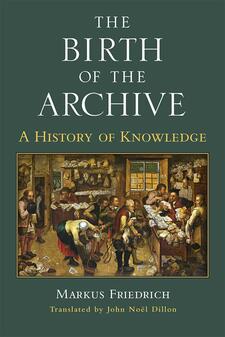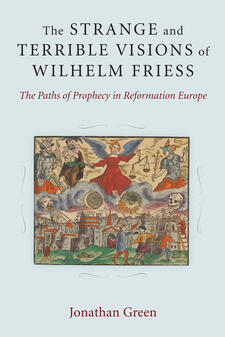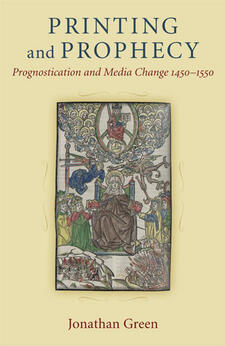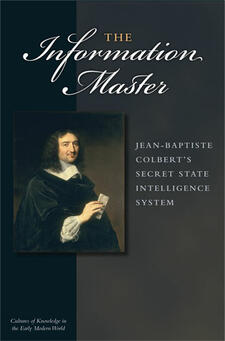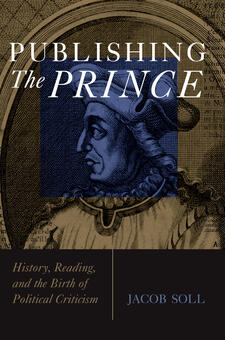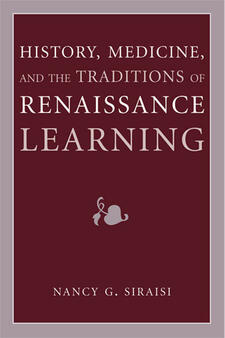The series Cultures of Knowledge in the Early Modern World examines the intersection of encyclopedic, natural, historical and literary knowledge in the early modern world, incorporating both theory (philosophies of knowledge and authority) and practice (collection, observation, information handling, travel, experiment and their social and political contexts). The series is interdisciplinary in nature and has as its goal promoting works that illustrate international and interreligious intellectual exchange and the intersections of different fields and traditions of knowledge.
This series is closed to submissions.

